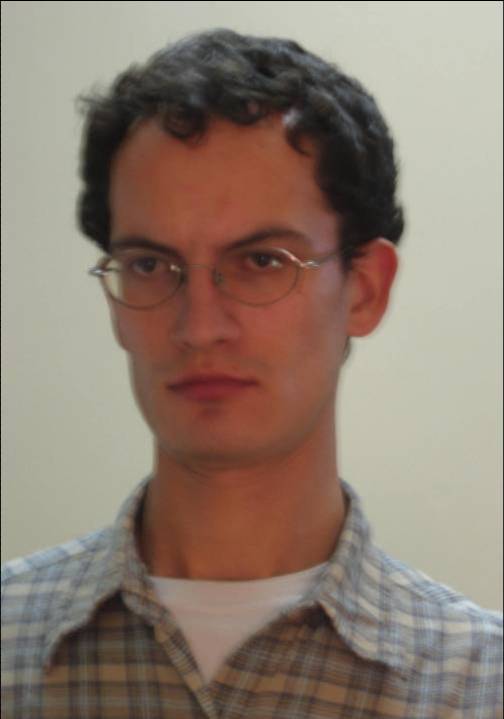In my mind there's a video clip that's stuck about a writer who credited her experience of writing with liberating her inner areas of... She called it therapeutic and now it gives me a pause. I reflect on the word choice of what liberating action can be pointed at. Suppression, blockage, tension, unease come to mind.
However, aren't all these things making us up as we are? Aren't our limitations are just lines that our experience draws on the sand of experience? Whether or not the contemporary literature, more properly said the literature of the late modernity, is in the service of the bourgeois project of normalizing our subjectivities in the field of writing, society, and space, the successful critique of such project, or even its diagnosis, cannot but come through appropriation of its technique from the inside.
Karl Marx and Friedrich Engels come to mind in as much as their revolutionary writing while refounding the radical message of the French revolution, writing as it were at the heart of the British empire, which introduces its own ironies to their message, has attempted to speak to wide audience of literate readers. The question that it poses is whether these readers through the institutions of writing, literature, literacy, press, public sphere, and privacy are not inscribing so constituted subjects into the bourgeois symbolic order.
Mindful of the aporia of the avant-garde art and literature that owes its autonomy to the bourgeois society finds its own undoing in the limits of its existence, I expect the ethnographic writing that I initiate in this blog to explore the possibilities of escape from the literary condition that any self-avowedly revolutionary writing pretends to escape.
In other words, second modern ethnography - ethnography of the fully urbanized self, ethnography of the cultural cartography that any city opens innumerable spaces for practice, ethnography of the documentation of the limit areas where theorization shades off into fictionalized accounts of the spaces that in their totality can be classified as belonging to Lefebvrian heterotopia - poses the challenge to scholarly project that cannot but become personal on its way to opening towards public.
Weblogging offers itself as the medium of its time in search of its conceptualization as theoretically disruptive technology of writing. To be combined with other enmeshments with space, writing, experience, infrastructures, and culture this creative assemblage waits for its exploration.
Subscribe to:
Post Comments (Atom)

4 comments:
It gives me pause, but I find no other place to leave this self-comment other than where it belongs. After leaving the blog, I see better how it can elvolve into a book length project or more. As in something that finds its way into everyday life. Mine in this case.
Yes, Pablo, but what about the role of the other and the unconscious? You seem to be positing an all-knowing subject that can control itself in its entirety, especially in "second modernity". Are you positing a return of the Cartesian subject following the awkward experience with postmodernity and decentering of the subject?
Perhaps what I am hitting at is how repetition and difference produce each other. I would like to answer your question in my other more rigorously thought through blog. However I will see what I will get to write in response in this blog at the end of the day. As for subjects, I think second modernity characterizes itself by radical leveling of ontological playing field where subjects become equal to societies, with all that follows. Maybe it about relations that are neither inter-subjective nor inter-societal but inter-systemic. Cartesial subject for me is more discursive fiction, albeit historically operative in some fields, than a question of ontology, since fictional or posited existence may more properly be described as virtual.
And, after all, ethnography is about detailed observation. Once technology can do as much, the questions of whether or not subjectivity plays any role become mediated. Conversely, ethnographic account can limit itself to phenomenological account of its field of contemplation.
Post a Comment